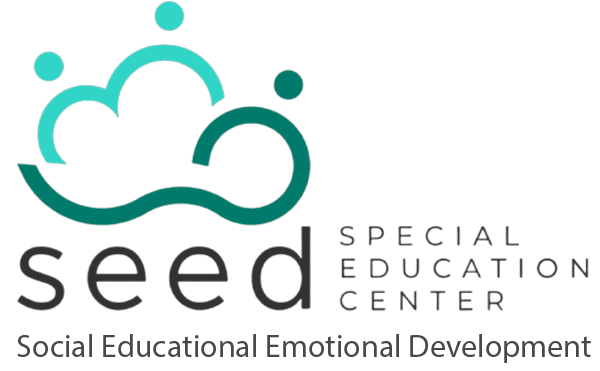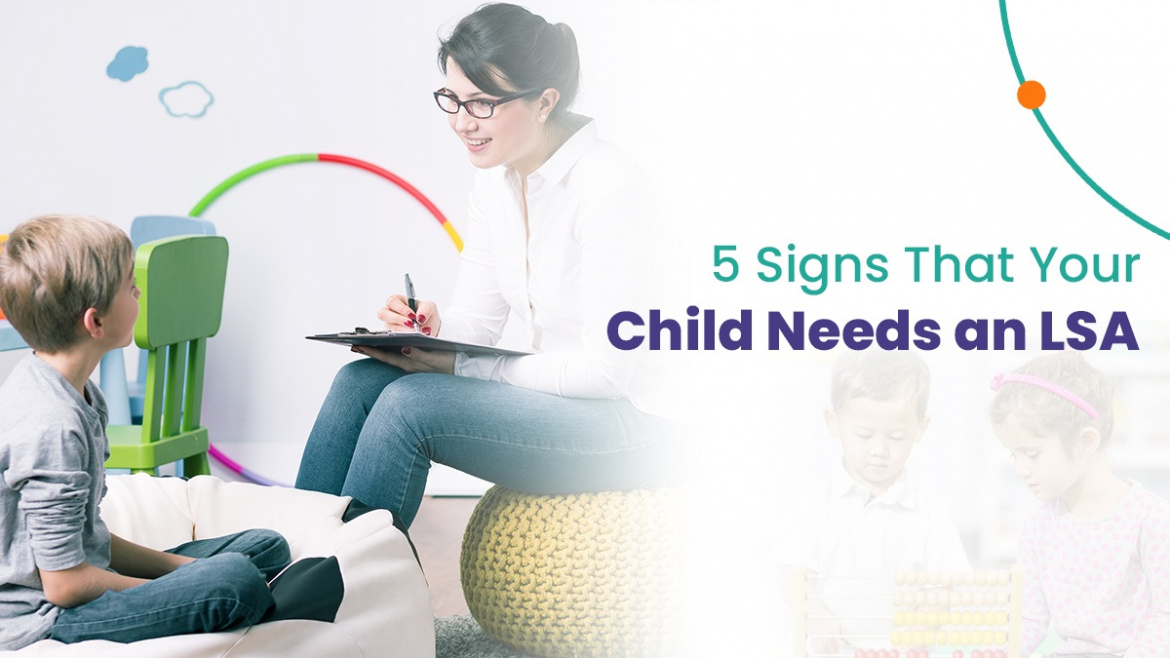Let’s learn about LSAs!
In the journey of a child’s education, some may require additional support and assistance to overcome challenges and reach their full potential. Learning Support Assistants (LSAs) play an essential role in providing individualized help to children with diverse educational needs, including specific learning disabilities. This blog will explore five signs that indicate your child may benefit from an LSA’s support and guidance. We will also delve into the significance of LSAs in addressing specific learning disabilities and fostering a conducive learning environment.
1. Struggles with Academic Performance
One of the primary indications that your child may need an LSA is persistent struggles with academic performance. If your child consistently finds it difficult to comprehend concepts, achieve desired grades despite putting in effort, or falls significantly behind their peers, it may be time to consider additional support. An LSA can work closely with your child, offering personalized guidance and strategies to enhance their understanding and overall academic performance.
2. Lack of Progress or Developmental Delays
When children face developmental delays in areas such as speech and language, motor skills, or social interactions, an LSA can provide invaluable assistance. These delays can hinder a child’s progress and impact their ability to learn effectively. By working closely with an LSA, your child can receive targeted intervention and support, enabling them to bridge developmental gaps and thrive academically and socially.
3. Behavioral Issues or Emotional Difficulties
Persistent behavioral issues, emotional outbursts and difficulties in regulating emotions can significantly impact a child’s learning experience. LSAs are equipped with strategies and techniques to help children manage their behavior and emotions effectively. By working collaboratively with teachers, parents and students, LSAs can develop personalized plans that provide emotional support, helping children to focus on their studies and interact positively within the classroom environment.
4. Attention and Concentration Challenges
Children who struggle with attention and concentration often face obstacles in the learning process. LSAs can create structured learning environments tailored to the individual needs of the child, providing the necessary support to improve attention span and focus. By implementing strategies and interventions, LSAs empower children to maximize their learning potential and succeed academically.
5. Special Educational Needs
Children with specific learning disabilities, such as dyslexia, autism spectrum disorder (ASD), or attention deficit hyperactivity disorder (ADHD), require specialized support to excel in their educational journey. LSAs possess the knowledge and training to address the unique needs of these students. They implement individualized interventions, accommodations and instructional techniques that align with the child’s learning profile. LSAs work closely with other educational professionals to ensure comprehensive support for children with specific learning disabilities.
Points to remember
Recognizing the signs that your child may need an LSA is crucial for their educational success. When children face academic struggles, it can be an indication that they require additional support. LSAs are trained professionals who can identify and address learning difficulties. They work closely with educators and specialists to create a tailored support system for each child. Whether it’s providing one-on-one instruction, developing individualized learning plans, or implementing specialized teaching techniques, LSAs play a vital role in helping children overcome challenges and achieve their full potential. Moreover, LSAs are also equipped to support children with developmental delays, behavioral challenges, attention issues and specific learning disabilities. By collaborating with teachers and parents, LSAs ensure that children receive the necessary resources and accommodations to thrive in the classroom.
Actions you can take
Engaging an LSA is a proactive step in creating an inclusive learning environment for your child. LSAs work closely with educators to foster a supportive and inclusive classroom setting where all students can thrive. They collaborate with teachers to modify instructional materials, adapt teaching methods and implement assistive technologies to cater to each child’s unique learning needs. LSAs also serve as advocates for children, ensuring that their voices are heard and their individual strengths are recognized. By actively involving LSAs in your child’s educational journey, you can provide them with the necessary tools and guidance to navigate their academic challenges and promote their overall growth. Remember, if you notice any signs or concerns, do not hesitate to consult with educational professionals to explore the possibility of engaging an LSA for your child’s educational journey.

